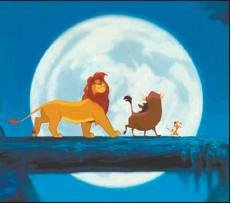Seven sister roses
lexington yesterday
As a Southerner, you may remember admiring what’s growing in a friend’s garden. And, of course, your friend would give you a cutting you can root. In the south, …
This item is available in full to subscribers.
Subscribe to continue reading. Already a subscriber? Sign in
Get 50% of all subscriptions for a limited time. Subscribe today.
Please log in to continueNeed an account?
|
Seven sister roses
lexington yesterday
As a Southerner, you may remember admiring what’s growing in a friend’s garden. And, of course, your friend would give you a cutting you can root. In the south, we call this “passalong gardening.”
Some of my fondest memories are of my grandmother’s roses. When grandmother married grandpa Corley she brought some rose cuttings from her home in Edmund. She called them Seven Sister roses. The museum in Lexington has a bank of heritage roses like them next to the Fox house.
When the time came to sell the old place I took my clippers and made a few cuttings of my own. They are still growing and provide my family with wonderfully fragrant old-time roses every spring. I always think of Grandma when I see them.
The fig tree Mrs. Adam “Bunk” (Alleen) Corley gave to me is right next to my roses. The gift was from years ago - both Bunk and Alleen are gone, now. Their children Marion and Ralph have either left the area or are no longer with us.
Willie Wingard who lived on Old Chapin Road also loved to garden. Every year she and her husband Hugh competed with the neighbors as to who could have the earliest tomatoes. They were members at Providence Lutheran Church, and there is no doubt the Eighteenmile Creek community loves tomatoes.
A few generations back Lucy Wingard was known for her three pound, pink tomatoes. She grew them for nearly 20 years and collected the seeds from season to season. I bought a pink tomato plant in Lexington recently. I wonder if it was a descendant of Miss Lucy’s prized tomatoes?
My Uncle Willie Lee took over my grandpa Willie Edwin’s stone hothouse as a teenager.
Willie Lee went on to Clemson to study horticulture. He earned a Masters Degree and spent his career at the University of Georgia in Experiment, GA. He developed a highway beautification project with plants he propagated. When we visited him there he always gave us a tour of his fields of flowers or okra.
It was a heaven on earth.
Other items that may interest you







Comments
No comments on this item Please log in to comment by clicking here